Me, Unlimited: Kevin’s journey of resilience and recovery
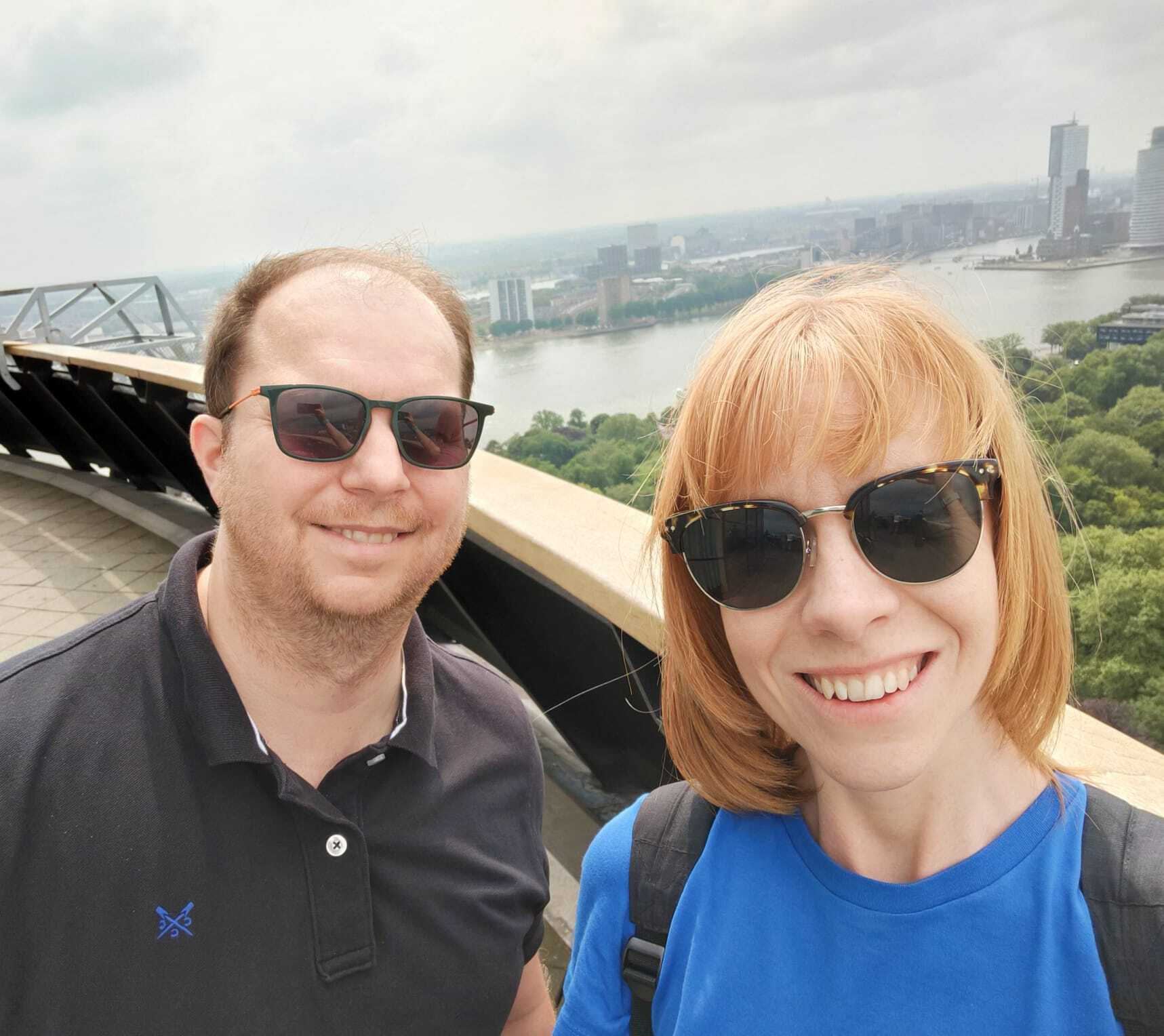
Everyone at Grant Thornton benefits from private medical cover, and Kevin experienced its value first-hand. Here he talks about when his life changed dramatically in 2022, and how the support of those around him has allowed him to continue excelling in a role he loves.
I’d been working at Grant Thornton for two years when my life changed dramatically. Within the space of four months, I lost my sister and was diagnosed with a brain tumour.
In the month after I lost my sister, I felt dizziness whilst playing football which didn’t go away. I visited my doctor and was initially diagnosed with vertigo and given some medication to help – but after a couple more trips to the doctor and trying different medications that didn’t work, I decided to use my private medical cover through the firm to organise a scan. And thank goodness I did.
The MRI scan found a mass on my brain, and within days I was having a 10-hour operation to remove the tumour, followed by a three-day stay in intensive care. I woke up unable to walk, talk or use the right side of my body. After seven days in hospital, I was told that I could go home and that my now-wife could care for me.
The operation left me with symptoms similar to a stroke, including right-side weakness and a diagnosis of dyspraxia, a neurological condition affecting coordination and motor skills. I had to relearn basic functions, supported by intensive rehabilitation, physiotherapy, and speech therapy. I would like to say a big thank you to my rehabilitation and scar specialists, Sian and Matt, for all the years of work they’ve done to help me, and for continuing to help me today.
The operation itself was carried out through the NHS. The surgeon I’d previously seen privately was operating at his NHS hospital and told me I had to have the operation sooner rather than later. Although the surgery was done on the NHS, the firm’s private medical cover continued to support my recovery afterwards – covering rehabilitation services such as speech therapy, which was a huge help in my recovery.
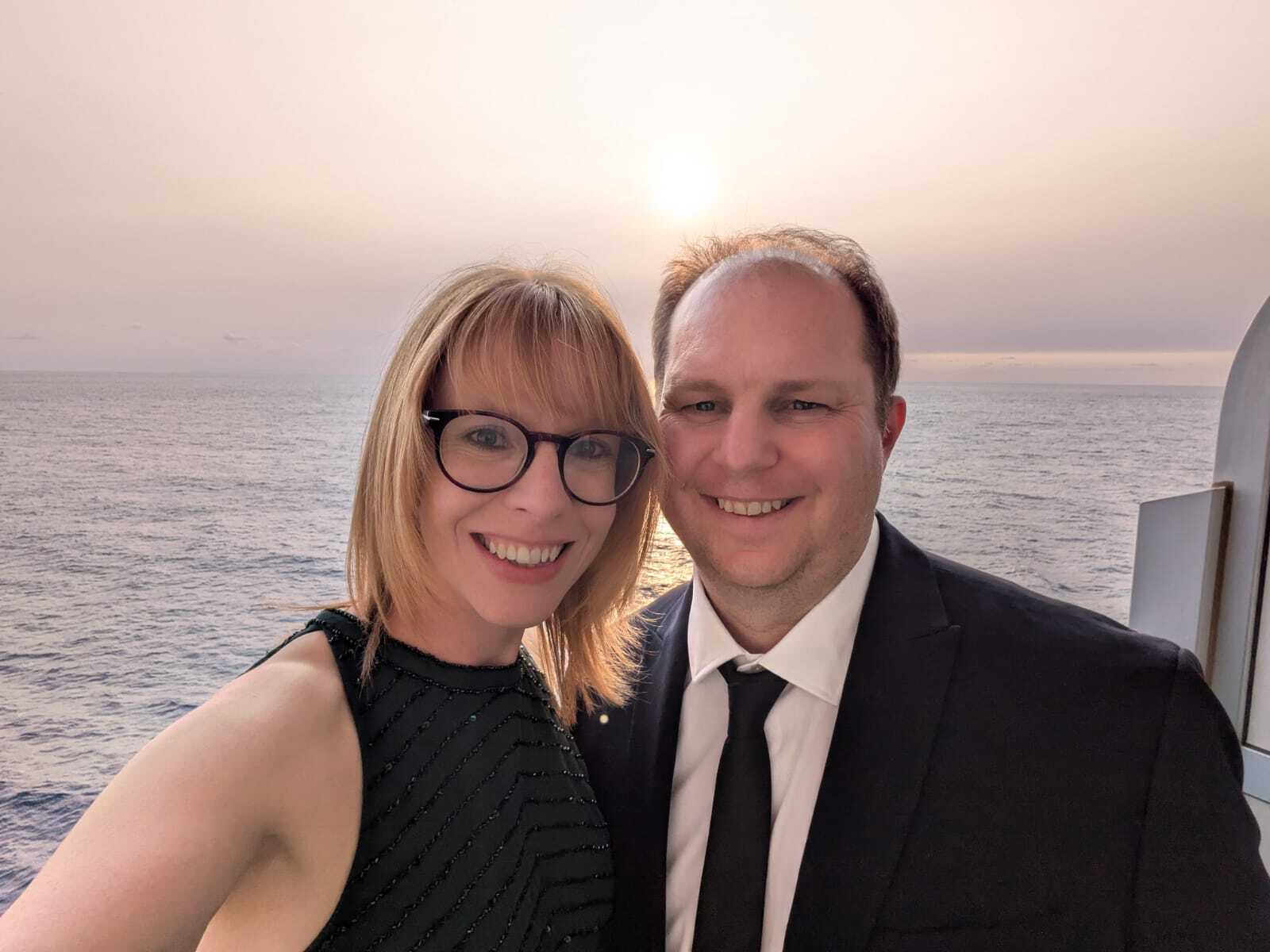
In the end, I had almost six months off work for recovery. In my eagerness to return, I asked if I could come back after three months – but Ben, the Partner who leads our team, advised me to slow down and not push a return before I was properly ready. This was hard to hear at the time, but it was absolutely the right thing to do, as it ensured I had more time to recover and adjust to my new ways of working. I had three months fully off work, and then gradually returned over a three-month period.
Ben showed what a great people manager he is during my recovery. He didn’t pressure me at all to return until I was ready. He came to visit me at home and we went for a walk together so we could discuss how I had changed, and what support I would need when I returned – and that support has continued beyond my initial return. When I first travelled to London, he made sure he travelled with me, walking alongside me on escalators and ready to help if I needed it. Asking for help is one of the hardest things to overcome, so these small acts have a huge impact.
I’ve had to make a lot of adjustments to be able to return to work. I still don’t and will never have full use of the right side of my body. I used to be right-handed, but I cannot write or type with my right hand now, so I’ve had to teach myself to type left-handed – and writing left-handed is still a no-go. Tools like voice-to-text software, Copilot, and read-aloud features in Microsoft Word have become essential to my working day.
The support from my colleagues and clients has made a huge difference, too. I’ve been honest with clients about what has changed in my life, and my colleagues will help me by reading over emails before I send them to clients, just to ensure I haven’t missed any grammatical errors.
The culture within the firm has meant I’ve felt supported throughout my recovery. I’ve been given the time I needed to recover whilst also being able to deliver the level of quality and advice our clients expect from our teams. In my role I manage a portfolio of SME clients, and my knowledge of employee benefits is deep rooted, which I thankfully didn’t lose during the operation. If anything, the experience has allowed me to offer even better advice and insight to our clients.
Private medical cover is a benefit I couldn’t recommend more. Without ours, I could have died. Whilst I’ve had to adjust how I work, I don’t feel like my career development has been held back in any way since returning. I’ve felt confident enough to start conversations about how my career progression looks from here.
Having been through this journey and supported to recover and then return to work and thrive, I wanted to give something back to others and help where I could. I joined the firm’s Neurodiversity Network and became the lead for dyspraxia, which involves hosting educational and supportive sessions for people in the firm who either have dyspraxia themselves, know someone who has dyspraxia, or are just curious about learning more. I’ve also presented to my local teams in Thames Valley and Southampton on how to provide constructive feedback to a neurodiverse colleague. Feedback is a key part of development, but we do need to be aware of how different people can interpret feedback to ensure it has the intended impact.
It’s a good feeling to know that I can help others through my experiences and ensure that other people can get the support they need.
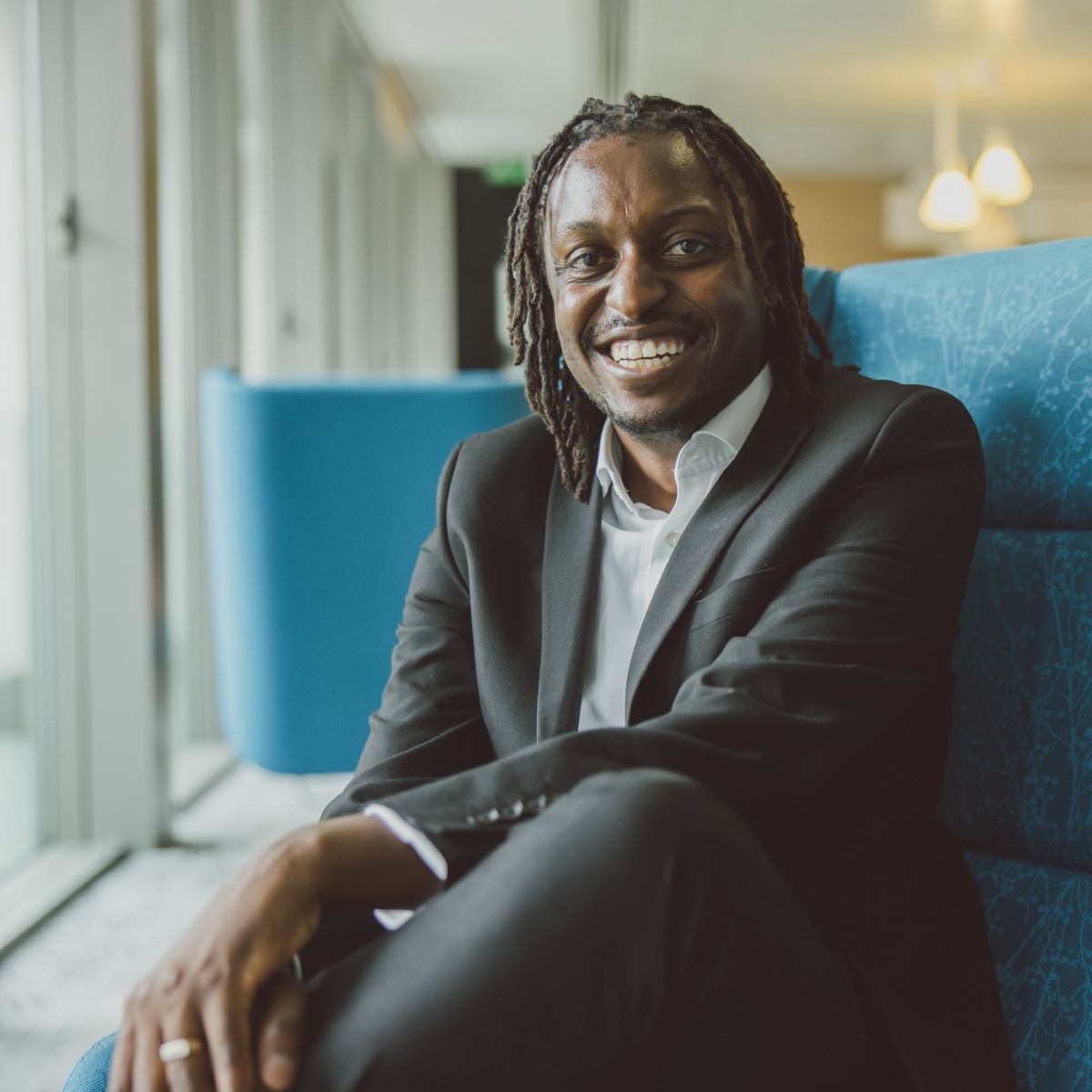
Ngoni’s global journey, from Zimbabwe to Ethiopia to the UK, shows how diverse audit roles can spark growth and fresh challenges.
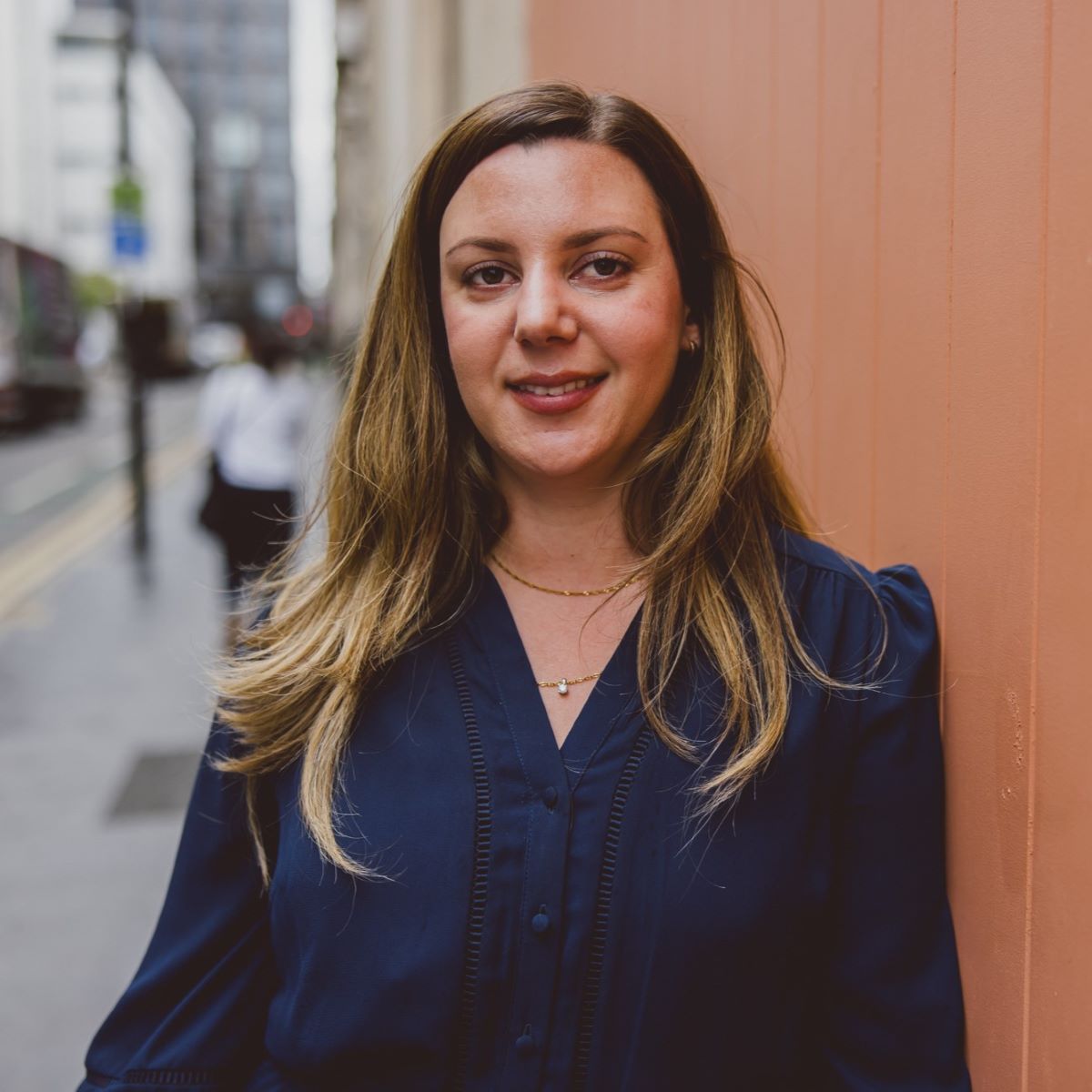
Ashton shares how embracing change, relationships and transferable skills led to growth, personally and professionally.
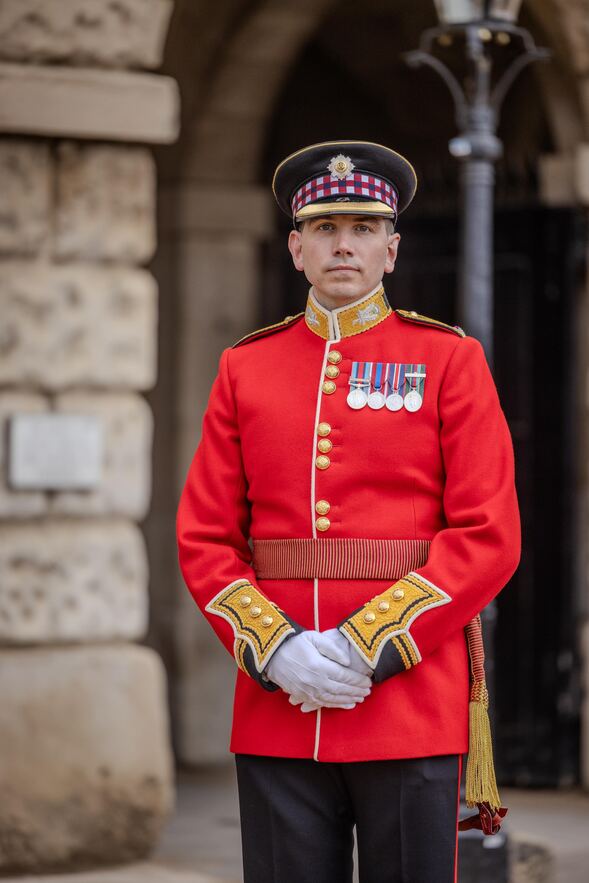
Jamie, a Corporate Finance Director and Army Reservist, reflects on the experiences that shaped him across two distinct worlds.
